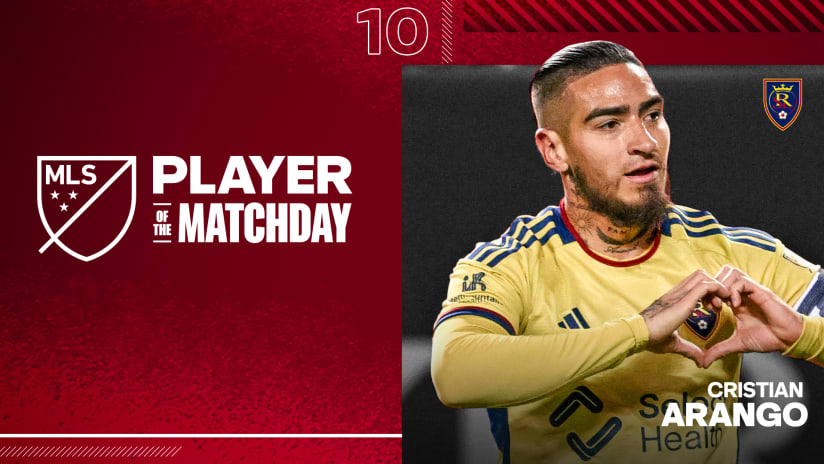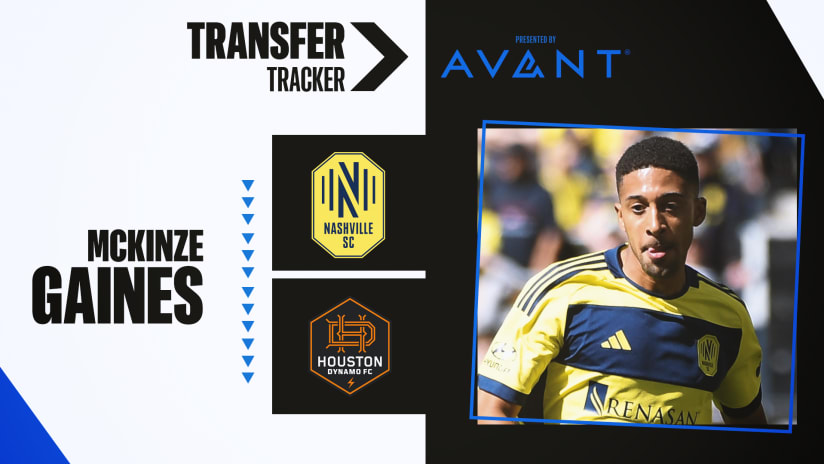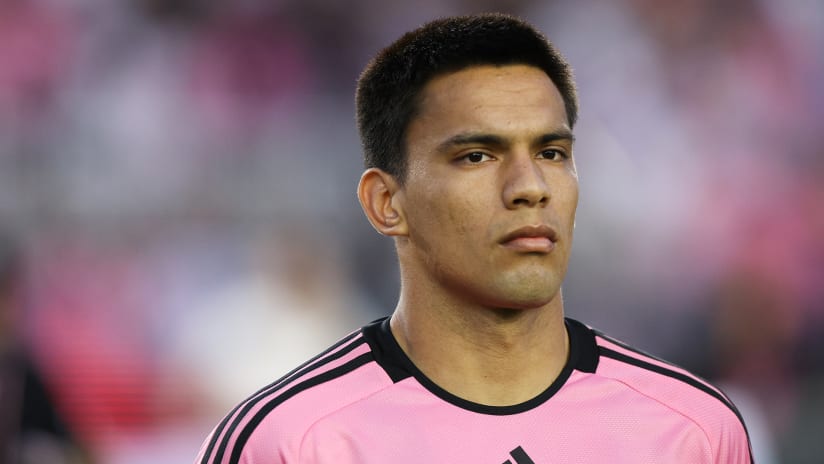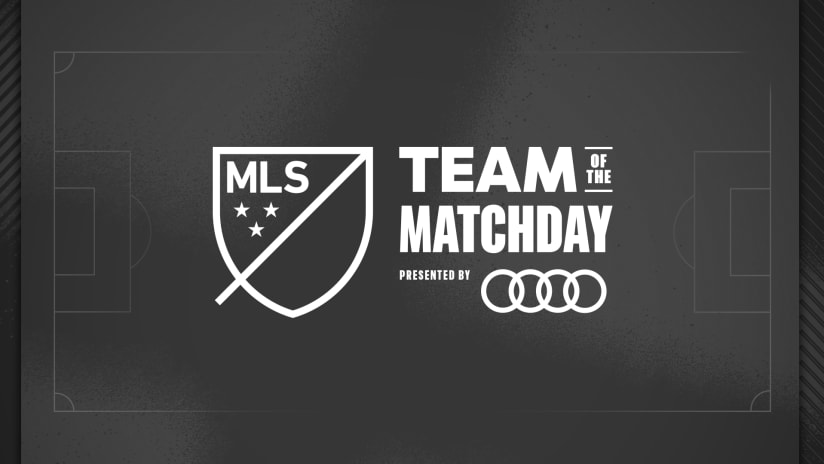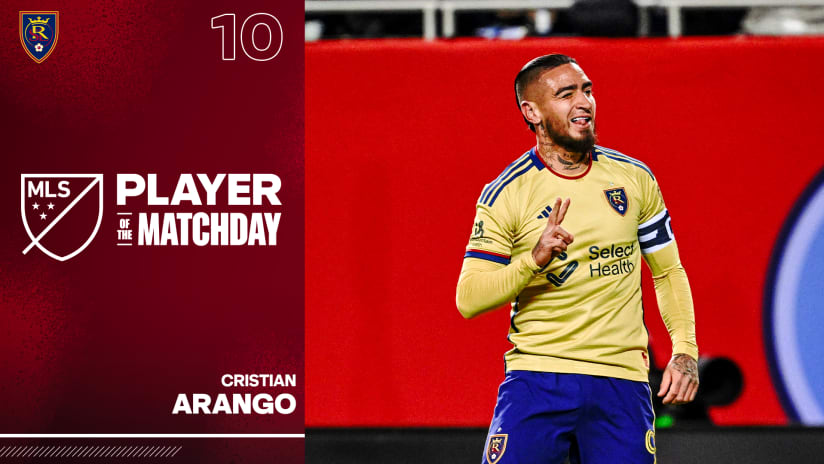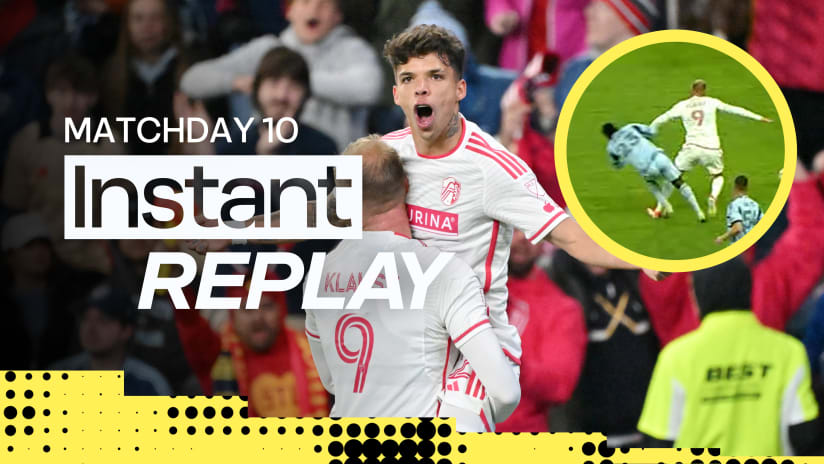In association with Copper Pot Pictures, Major League Soccer will release a six-part mini-documentary series this week entitled, Landon Donovan: LegenD. Each episode highlights a theme from Landon Donovan’s unparalleled career, with one premiering each day ahead of his final regular season home game (LA Galaxy vs. Seattle Sounders FC, Sunday, Oct. 19 at 8 pm ET on ESPN2 & TSN2).
In many ways, Landon Donovan was our first homegrown player. He was born and raised here, discovered by domestic scouts, developed by an academy, and signed to a pro contract as a teenager.
From there, of course, he went on to enjoy one of the most accomplished careers in sports, winning championships in Major League Soccer and starring for the United States national team at the World Cup.
And so, what we have now is a blueprint for success. Donovan provided the paradigm whose footsteps – from youth soccer star to teenaged standout to respected professional – others could see and eventually follow.
I often wonder what would've happened if he had chosen, say, at 15, to go to an academy at a European or Latin American club. More than a few American players have tried or are trying this route. So far, few have succeeded.
And I imagine if Donovan had gone abroad at an early age, we might've lost him forever.
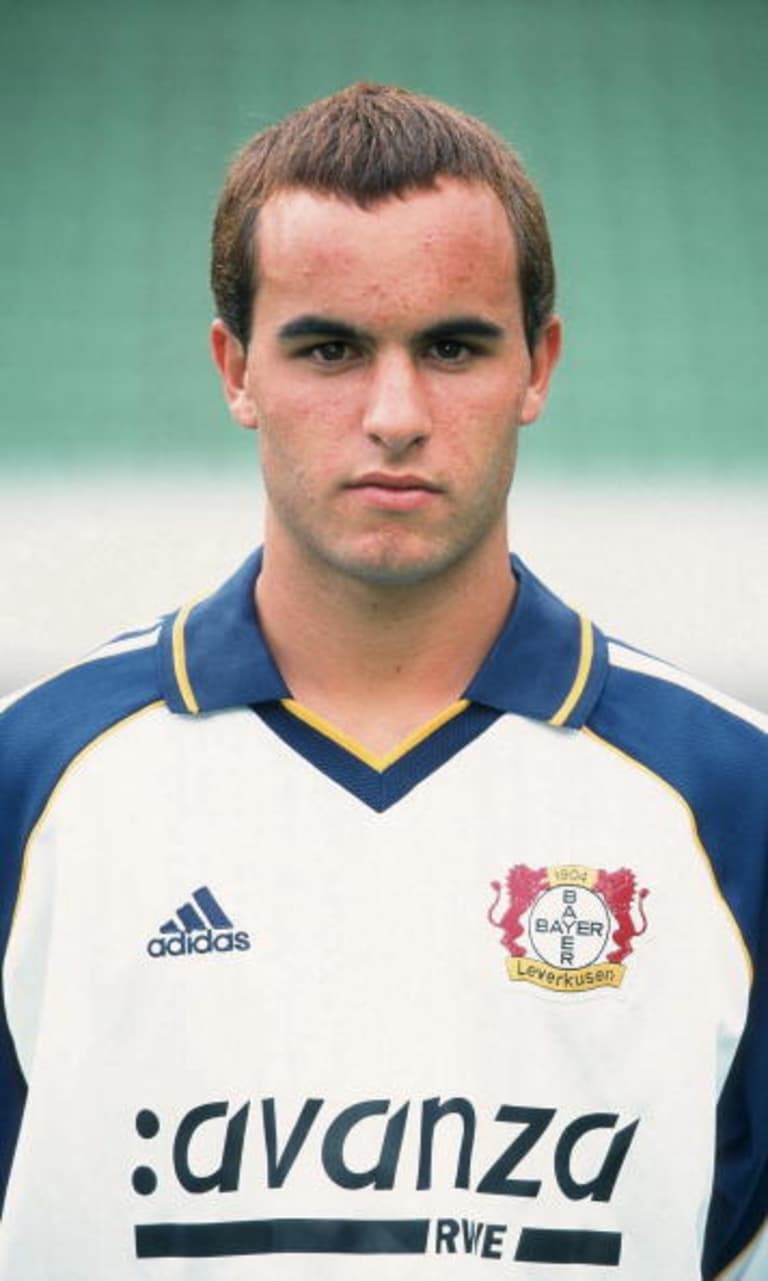
Landon Donovan at 18 years old with German club Bayer Leverkusen in July 2000. (Getty Images)
At an academy in a northern English port or an industrial center in Holland or a small city in central Mexico, he would've experienced the same emotional struggles that later afflicted him when he joined German club Bayer Leverkusen. But perhaps he wouldn’t have had the emotional maturity to handle it. He would've been perfectly capable of competing technically with his peers at any academy in the world, but the environment might’ve crushed him.
If this smacks of softness, so be it. Young talented people are more fragile than we ever acknowledge. To me, Donovan anticipated the coming generation of players. He arrived on the scene just as the more progressive experts began to see youth development in terms of nurturing talent rather than in terms of survival of the fittest. Some coaches and clubs around the world have fully embraced this and seen the fruits of their labors; others haven’t.
Whenever I hear US national team manager Jurgen Klinsmann discuss his desire that players be “out of their comfort zone,” I think of Donovan. I picture him as a slight 17-year-old kid standing on a rutted practice field in central Germany. He is cold. He doesn’t speak the language. He misses his family and friends.
In other words, he is way outside his comfort zone. And in this environment, there is no way he will succeed.
Klinsmann would argue that the boy of my imagination isn’t strong enough to succeed and therefore is not good enough. (See:Klinsmann on Donovan's career.) I would argue – and I’m pretty sure Donovan would agree – that he simply isn’t in the right place to succeed. He just needs to be a little closer to home.






